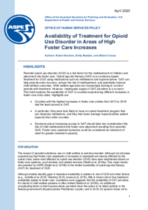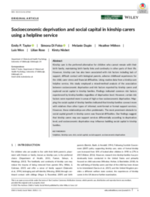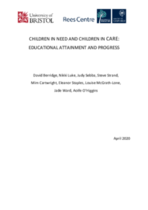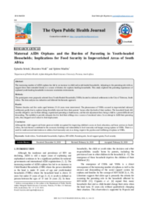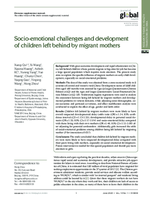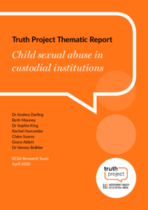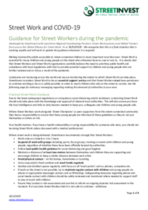Fostering better outcomes in out-of-home care
In this article journalist Mykeala Campanini explores why a majority of children in out-of-home care (OOHC) in Australia are struggling to reach national literacy and numeracy benchmarks, which puts them at risk of becoming disengaged with schooling, resulting in lifelong disadvantage.

